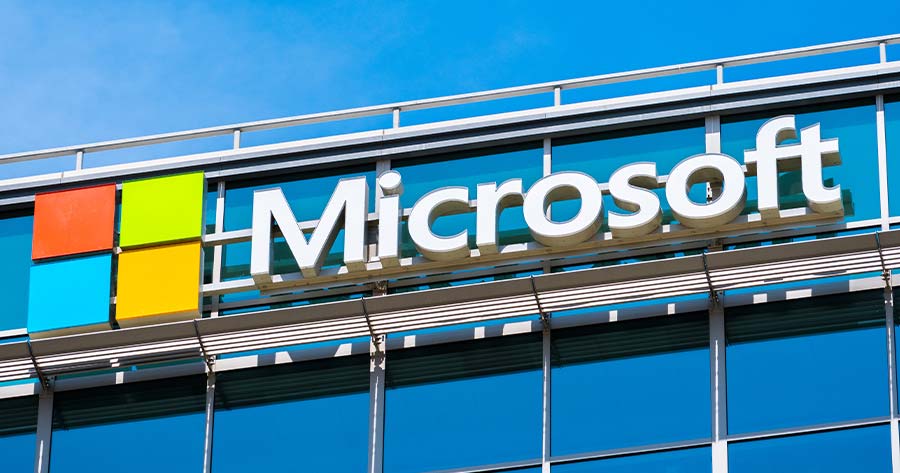Microsoft has introduced new computers equipped with advanced chips designed to support artificial intelligence functionalities in Windows software without draining battery life too quickly.
The tech giant recently revealed a Surface Laptop and a Surface Pro tablet featuring a Qualcomm chip capable of executing certain AI tasks offline. Various other computer manufacturers such as Lenovo, Dell, HP, Asus, Acer, and Samsung are debuting AI-capable PCs powered by Qualcomm’s Snapdragon X Elite and X Plus processors, promising extended battery performance and compatibility with Microsoft’s Copilot AI chatbot.
During a press conference at its Redmond, Washington campus, Microsoft disclosed plans for device makers to launch PCs with AMD and Intel chips that meet the Copilot+ standard at a later date. These PCs will offer features like audio translation, message response suggestions, Settings app recommendations, and on-screen dialogue capabilities. Microsoft is now accepting pre-orders for Copilot+ PCs starting at $999, with availability slated for June.
A noteworthy Recall feature will facilitate searching through past PC actions, utilizing AI models that operate offline on the device and do not transmit data to external servers.
Additionally, AI models embedded in the PCs can create images based on textual descriptions and sketches. Microsoft is leveraging Qualcomm’s energy-efficient Arm-based chips capable of supporting AI models to fortify its Windows ecosystem, as Apple gains ground in the PC market with Arm-based processors in MacBooks, transitioning away from Intel.
Furthermore, Microsoft is broadening its push to integrate ChatGPT-like functionalities into products for both consumers and business users. The tech giant-backed OpenAI launched the ChatGPT chatbot in late 2022, gaining popularity for generating computer-written poems, email drafts, and historical event summaries rapidly.
Subsequently, various tech firms, including Microsoft, started incorporating generative AI capabilities into their offerings. The Copilot chatbot, fueled by ChatGPT’s foundational AI models, made its way to the Bing search engine and Windows 10 and 11 operating systems. Subscribers to Office productivity software could also opt for Copilot services to aid in crafting written responses based on their documents.





